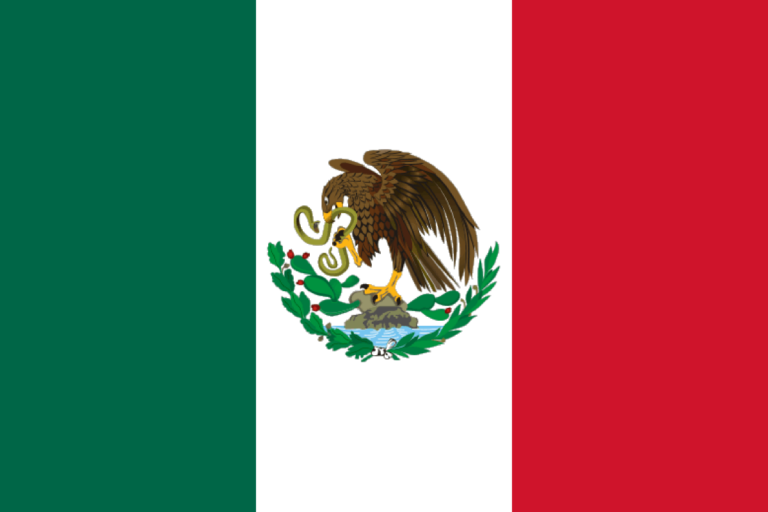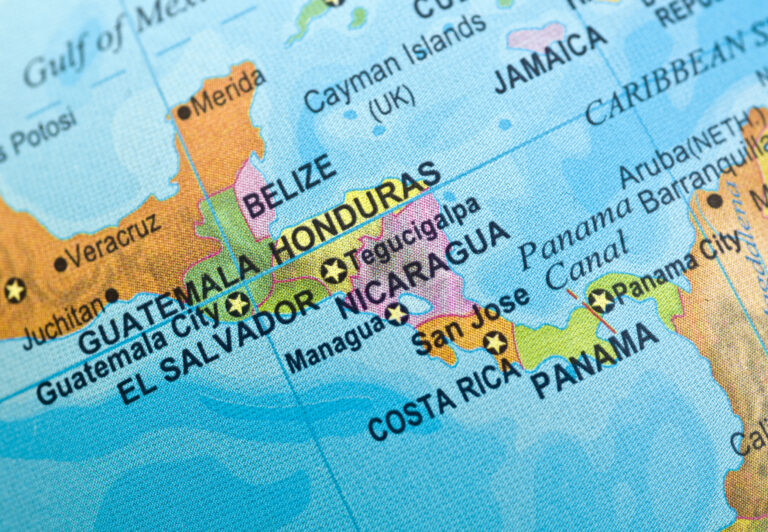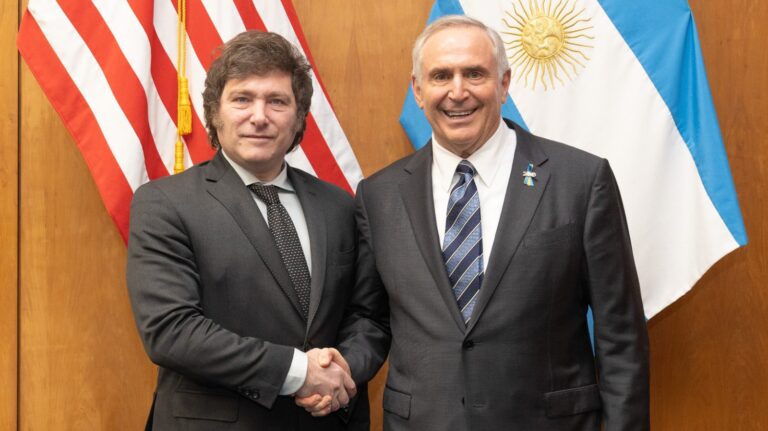Who wants reproductive health care? Not the people of Ghana, according to a just completed survey of health care needs in that country. PRI’s African Survey The survey, the first of a series of similar surveys to be carried out in different regions of Africa, was conducted in the Ghanaian city of Takoradi. A total of 397 individuals of both sexes were interviewed by one of four trained interviewers on one of Takoradi’s main thoroughfares, selected at random from the constant Stream of passersby.
Takoradi is a port city that is home to mostly agricultural proprietors, agricultural workers, mechanics, small shop owners, and trades people. The major east-west highway carrying substantial national and international heavy transport, as well as almost everything else, traverses the town. Most inhabitants are well educated and literate, although literacy was not a factor in the survey. Television and telephones, both conventional and cellular, are widely available. The religious composition is approximately one-half Christian, one-fourth Muslim and the rest native animistic religions.
Health Programs Prioritized
Those interviewed were shown a list of 15 different health programs, and asked to rank order the list from greatest to least in terms of their own personal health needs. The 15 kinds of health programs listed were Malaria Eradication, Leprosy Treatment, Reproductive Health, Syphilis Treatment, Polio Prevention, Clean Water Programs, Natural Family Planning, Sleeping Sickness, Gonorrhea Treatment, Tuberculosis Treatment, Yellow Fever Prevention, HIV/AIDS prevention, Cholera Treatment, Measles Prevention, and unnamed “Other Programs.”
Other information collected included sex, age, religion, marital status, and prior history of contraception, sterilization and abortion. The data on health needs was entered into a database and the mean rank order was calculated for each category. The higher the rank order for a particular kind of health care, the greater the perceived need.
Randomness, and therefore objectivity of selection, were assured by four factors: 1. passersby were hailed as they walked along one of two major thoroughfares. No attempt was made to seek them out; 2. the selection period was two months long; 3. the age of the respondent (as long as an adult over 18) was not a factor; 4. nor was language a factor in selection of respondents. The interviewers were fluent and literate in English, Fanti, and at least one ethnic language.
Malaria Treatment Top Need
The most pressing health care needs identified by the respondents were for Malaria Treatment (mean rank order 4.16), Natural Family Planning education (5.23), Clean Water Program (5.30), Measles Prevention (5.54), and HIV/Aids Prevention (5.86). Malaria, Measles, and HIV/AIDS are all diseases which, in the Ghanaian context, run at epidemic or near-epidemic proportions and so are of obvious concern. The citizens of Ghana are also clearly aware that polluted drinking water is a vector for the transmission of disease, and so give a high rank to clean water programs.
The only surprise in this cluster of health needs is the high ranking of NFP, which was welcome by the respondents as a natural means of planning one’s family. In the comments section of the questionnaire, a number of respondents declared that they would like more education on NFP.
Second order health needs (with mean rank orders from 7.14 down to 9.97) included Tuberculosis Treatment, Cholera Treatment, Leprosy Treatment, Polio Prevention, Sleeping Sickness, and Syphilis and Gonorrhea treatment. These are all diseases which are endemic in Ghana, although not affecting the percentage of the population that, say, HIV/AIDS does,
Reproductive Health Comes in Dead Last!
The single most striking result of the survey is the dismal showing of Reproductive Health. This category of health care, defined as the limitation of child bearing by means of contraception, sterilization, and abortion, came in dead last. It had a mean rank order of 13.66. Even “Other Programs” ranked higher.
Reproductive health care was also overwhelmingly rejected by the Ghanaian interviewees in the comments section of the interview. Mention of reproductive health elicited strong negative comments from interviewees such as “Stop reproductive health; it’s not good,” “Stop reproductive health, eradicate malaria,” and “We don’t need reproductive health programs.”
The interviewees in this survey were highly westernized, not tribal people. They were the ones you would expect to be the most welcoming of reproductive health care. But the results proved that they were not at all open to the idea.
No Huge Unmet “Reproductive Health” Needs Here
Population control organizations active in Africa, including the UN Population Fund (UNFPA) and the US Agency for International Development, speak of “huge unmet needs” for their reproductive health programs. They justify their promotion of contraception, sterilization, and abortion by claiming that this is what the African people want.
Our survey suggests that this is not only untrue, but that it is a complete perversion of the truth. Ghana has huge, unmet needs for many kinds of primary health care, but reproductive health care is not one of them. The Ghanaian people not only do not welcome programs of contraception, sterilization, and abortion, they view such programs as a positive evil.
Let’s start giving the people of Africa health care programs that they really need, instead of inflicting upon them anti-life programs that they do not want.
Health Programs in Africa
| Health Program | Overall Mean |
| Measles Eradication | 4.16 |
| Natural Family Planning | 5.23 |
| Clean Water Program | 5.30 |
| Measles Prevention | 5.54 |
| HIV/AIDS Prevention | 5.86 |
| Tuberculosis Treatment | 7.14 |
| Cholera Treatment | 7.32 |
| Polio Prevention | 8.38 |
| Leprosy Treatment | 8.44 |
| Yellow Fever Treatment | 8.91 |
| Sleeping Sickness | 9.32 |
| Syphilis Treatment | 9.89 |
| Gonorrhea Treatment | 9.97 |
| Any Other Programs | 11.04 |
| Reproductive Health | 13.66 |










